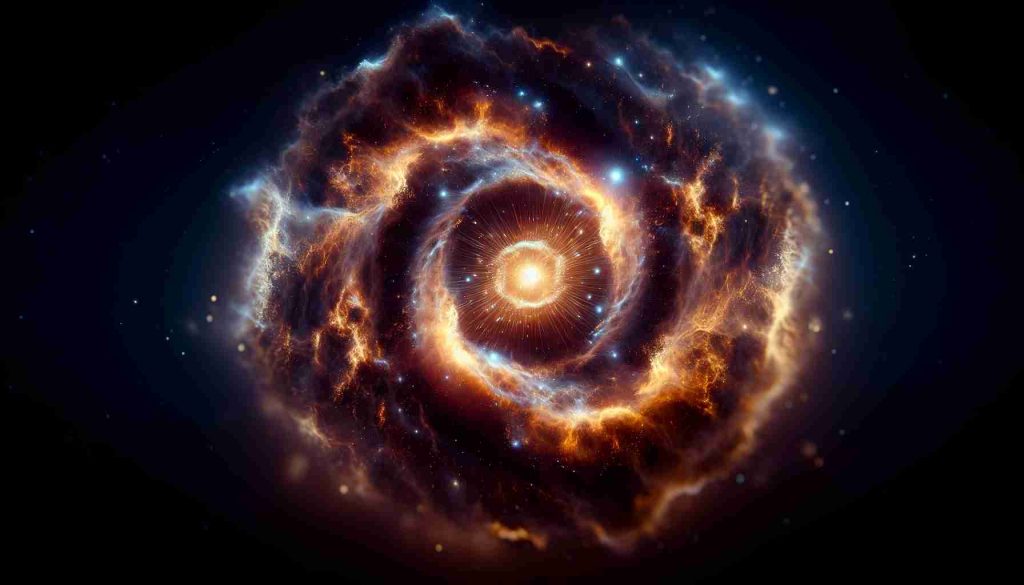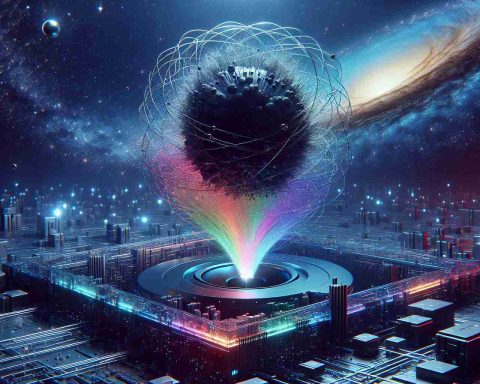Black Holes
Black holes are regions in spacetime where the gravitational pull is so strong that nothing, not even light, can escape from them. They form when massive stars undergo gravitational collapse at the end of their life cycles, compressing their mass into an incredibly small volume. This creates a singularity, where density becomes infinite and the laws of physics as we know them break down. Surrounding the singularity is the event horizon, the boundary beyond which nothing can escape the black hole's gravitational influence. There are several types of black holes, including stellar black holes, formed by collapsing stars; supermassive black holes, found at the centers of galaxies; and intermediate black holes, whose formation is less understood. Black holes are detectable through their interactions with nearby matter, such as the emission of X-rays from accreting material, and they also influence the orbits of nearby stars. Their study has become a crucial aspect of modern astrophysics, offering insights into the nature of gravity and the fundamental workings of the universe.







